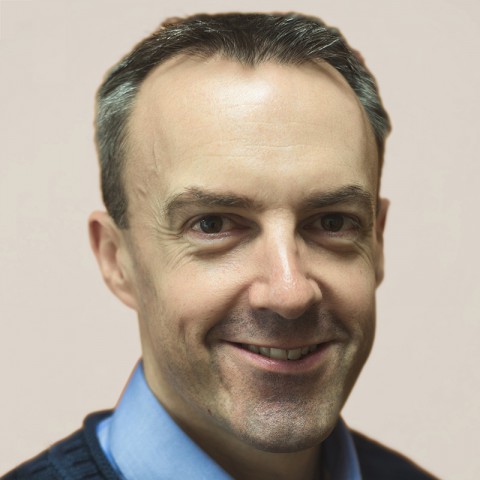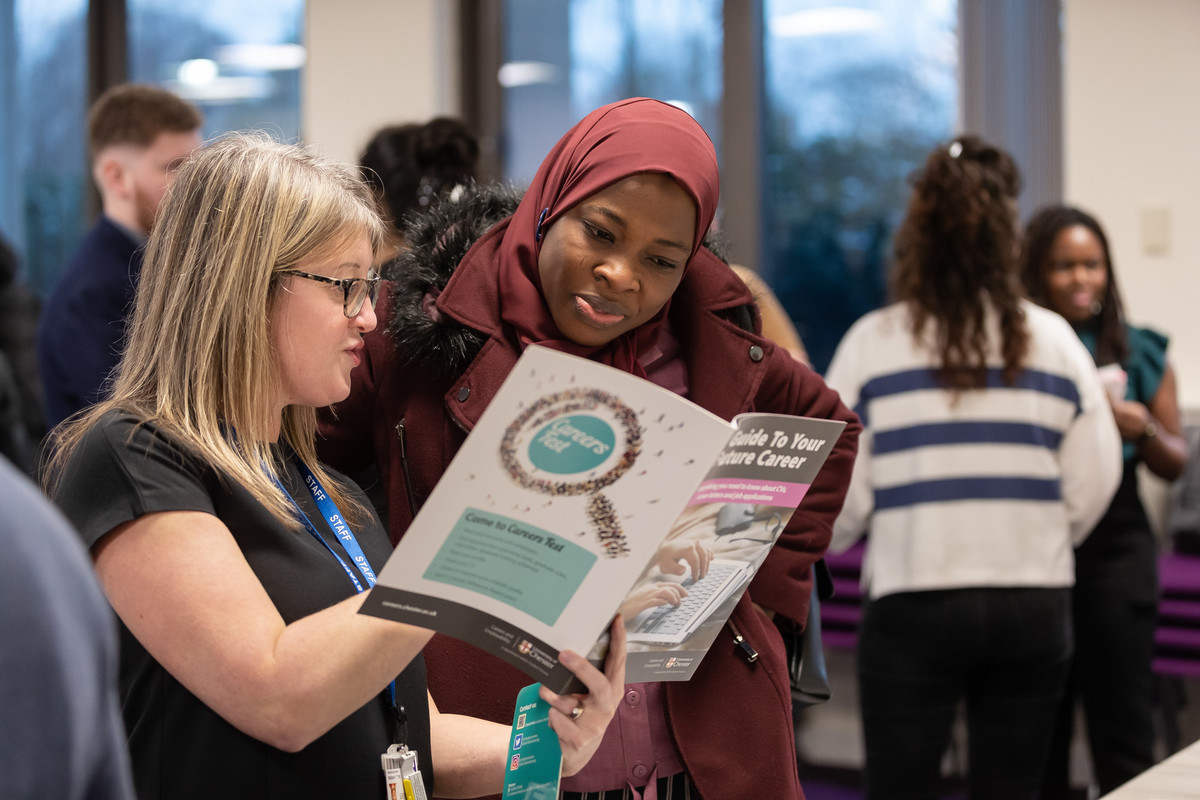112 UCAS points
|
UCAS Tariff |
112 points |
|
GCE A Level |
Typical offer – BCC-BBC. The School requires one of the following subjects: A Level History, or a suitable alternative such as Classical Civilisation, English, Philosophy, Religious Studies, Government and Politics, Sociology or Law |
|
BTEC |
Pearson BTEC Level 3 National Extended Diploma – DMM. The School also requires one of the following GCE A Level subjects: History or a suitable alternative such as Classical Civilisation, English, Philosophy, Religious Studies, Government and Politics, Sociology or Law. |
|
International Baccalaureate |
28 points, including 5 in HL History or an alternative such as English, Philosophy or Social and Cultural Anthropology |
|
Irish / Scottish Highers |
Irish Highers - H3, H3, H3, H3, H4 including History or an alternative such as English, Politics & Society or Religious Education. Scottish Highers - BBBB, including History or an alternative such as English or Religious Studies |
|
Access requirements |
Access to HE Diploma, to include 45 credits at Level 3, 30 of which must be at Merit (including 15 in History) |
|
Extra Information |
2 cohorts: GCSE grade C/4 in a modern foreign language is also required, or A Level French or equivalent. Welsh Baccalaureate Advanced and A Level General Studies will be recognised in our offer. We will also consider a combination of A Levels and BTECs/OCRs. |
Students from countries outside the UK are expected to have entry qualifications roughly equivalent to UK A Level for undergraduate study and British Bachelor's degree (or equivalent) for postgraduate study. To help you to interpret these equivalents, please click on your country of residence to see the corresponding entry qualifications, along with information about your local representatives, events, information and contacts.
We accept a wide range of qualifications and consider all applications individually on merit. We may also consider appropriate work experience.
English Language Requirements
- IELTS Academic: Undergraduate: 6.0 (minimum 5.5 in each band)
- Postgraduate: 6.5 (minimum 5.5 in each band)
For more information on our entry requirements, please visit International Entry Requirements.



.jpeg)








